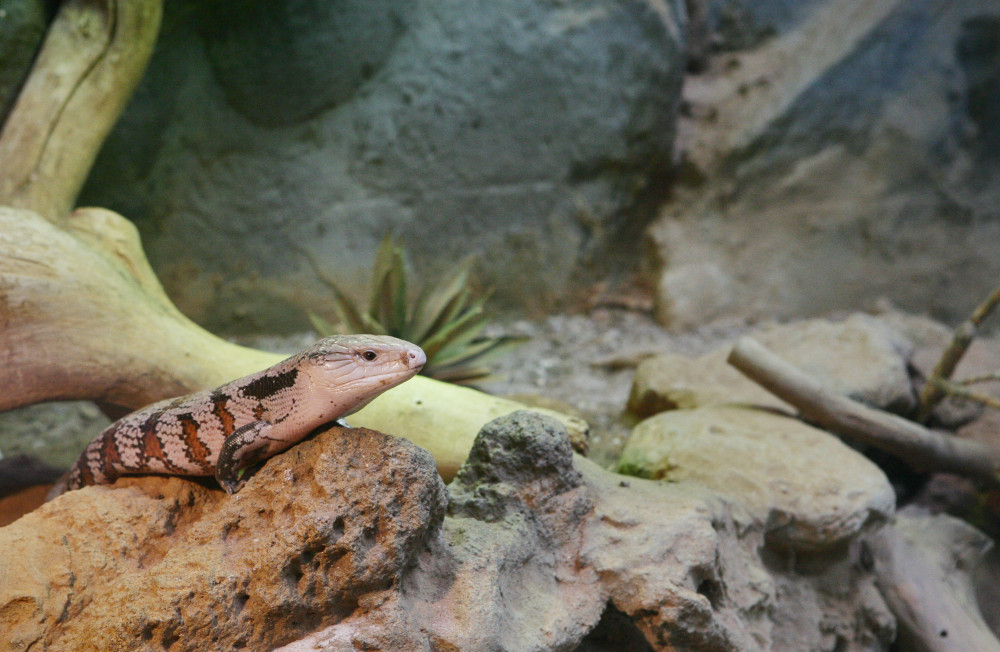
Although keeping reptiles (such as turtles, lizards, and snakes) is common in many parts of the world, relatively little is known about how to properly care for them in captive settings. What’s more, the trade in reptiles in some countries fuels the illegal exotic animal trade, which is harmful to both animals and the environment.
Some things to think about before you get a reptile:
- Even captive-bred reptiles are still essentially wild animals, not domestic animals. This means that it can be difficult to provide them with good physical and mental wellbeing in your home. There is currently a lack of sufficient evidence to support optimal care and welfare for many species. It is important to carefully consider whether it is possible to provide the specialised husbandry and housing needed to mimic the species’ natural environment, meet their ecological requirements, and keep them healthy and provide opportunities for positive mental experiences. More information on the RSPCA’s policy on keeping of wild animals as pets can be found here. Our information specific to keeping native animals as pets can be found here.
- These animals are not ‘low maintenance’ or ‘easy to care for’. Reptiles require housing, heating, lighting, and more to be cared for in a way that provides them with good health and experiences. For example, snakes need their primary enclosure to be longer than they are when fully extended. Although the animal themselves may not be very expensive, the initial habitat setup could cost upwards of $500-1000, with ongoing annual costs of electricity, vet bills, food, enrichment, cleaning products, and more (just like any other animal companion).
- Reptiles need specialised veterinary care from a veterinarian experienced with reptiles, which may not be widely available. It’s a good idea to check how far away your nearest specialist is located and find out their fees for routine or emergency visits.
- Wild animals like reptiles, even when captive bred, may not cope well with handling and the noise, movement, and activity (e.g., from people, other animals, and household appliances) that come with a domestic home.
- Living with a reptile is a long-term commitment. Turtles can live for more than 30 years, pythons for more than 15 years, and lizards such as Blue-tongues for 20 years. Your reptile’s ongoing care may require some discussion and planning with friends and family. For example, if you need to travel or visit hospital over your reptile’s lifetime, who will be their primary carer?
- You will require a licence to purchase, keep, or sell reptiles. For more information see this article.
After considering these points, are you still sure you want a reptile? If so, the next step is to decide which reptile is right for you. For more information on this, read this article.
Reference
Azevedo A, Guimarães L, Ferraz J, Whiting M, Magalhães-Sant’Ana M (2022) Understanding the Human–Reptile Bond: An Exploratory Mixed-Methods Study. Anthrozoos 35:1-`8
